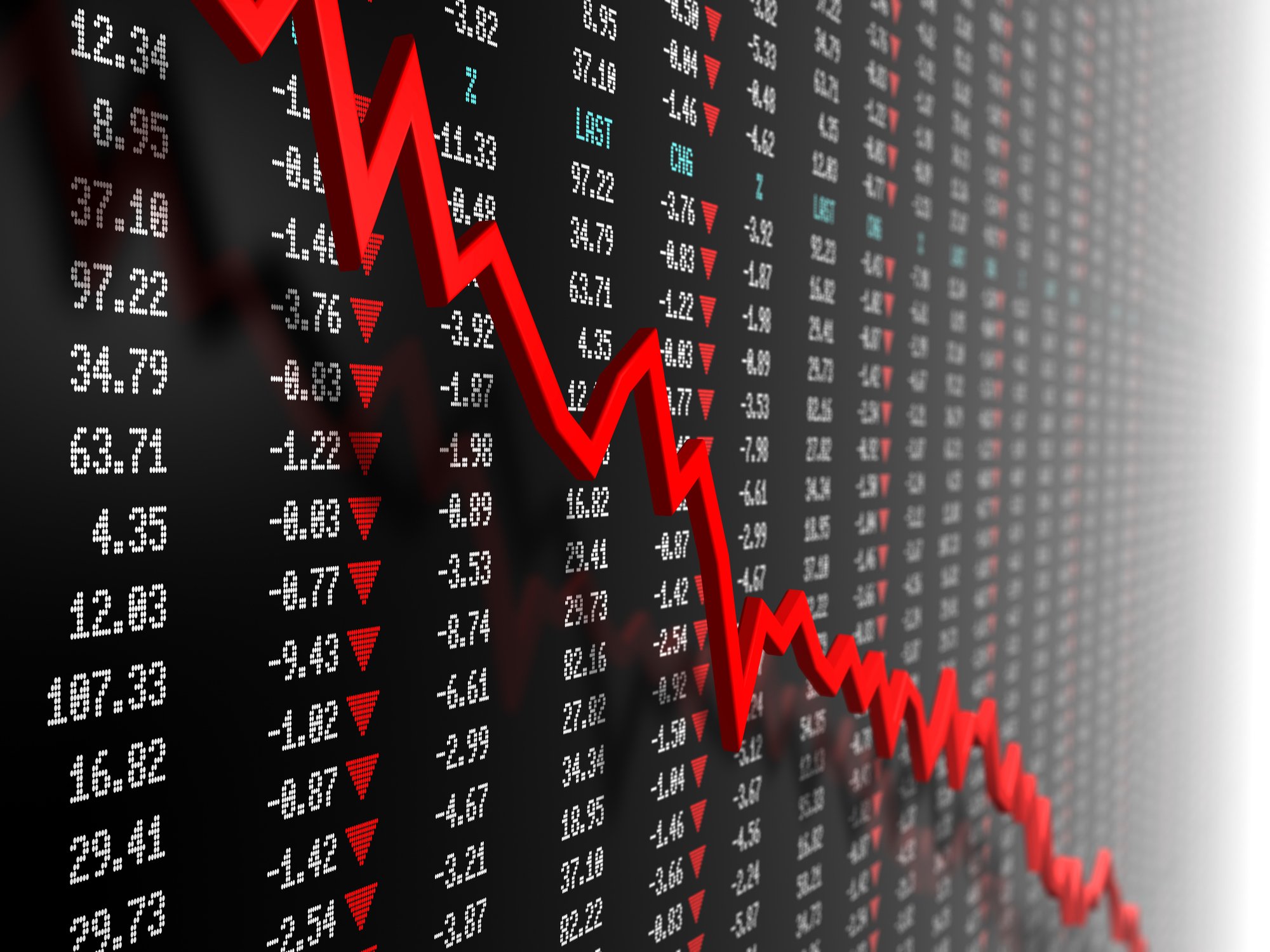The launch of the new spot Bitcoin (BTC 1.30%) ETFs in January was a resounding success, so it's perhaps no surprise that the new spot Ethereum (ETH 0.57%) ETFs that launched at the end of July were also a big success. They managed to pull in about 40% of what the spot Bitcoin ETFs pulled in during their first week. That's impressive, given that Ethereum, with a market cap of $315 billion, is just one-quarter the size of Bitcoin.
But should you be buying the new Ethereum ETFs? After all, the recent crypto market crash reminded us just how volatile and risky an investment in Ethereum can be. Let's take a closer look at three key factors to keep in mind.
Long-term upside
If you're a traditional buy-and-hold investor, then buying the new spot exchange-traded funds should be all about participating in the long-term price upside of Ethereum. And that's something that all of the new Ethereum ETFs do quite well. In fact, all of them hold nothing but Ethereum, so you're theoretically getting 1:1 exposure to the crypto's long-term price performance.

CRYPTO: ETH
Key Data Points
So, if you think that Ethereum is going to soar in price over the long haul, then the new spot Ethereum ETFs are a no-brainer investment. If anything, the recent crash in the price of Ethereum makes these ETFs more -- not less -- attractive. That's because you're now able to pick up Ethereum at a steeply discounted price.
While it is currently trading around $2,600, the growing consensus is that Ethereum is on track to regain its all-time high of $4,891, which it reached during the previous crypto bull market rally. Other analysts think that Ethereum could be headed much higher than that over the next five years. Investment firm VanEck, for example, has a $22,000 price target for Ethereum in the year 2030.
The utility of Ethereum
Unlike Bitcoin, Ethereum comes with a number of practical, everyday use cases that sometimes require you to hold it directly. In crypto jargon, Ethereum offers much more utility than Bitcoin. If you are buying the new spot ETFs, then you are only holding Ethereum indirectly. Thus, you do not have access to this crypto for activities you might want to conduct on the Ethereum blockchain.

Image source: Getty Images.
For example, many people use Ethereum to pay for non-fungible tokens (NFTs). If you are buying and selling NFTs, you will need some Ethereum in your digital wallet. The same thing is true if you would like to stake your Ethereum in order to earn passive income. If you are buying the new ETFs, you won't be able to stake your Ethereum.
So, the decision to buy the new spot Ethereum ETFs is not as cut-and-dried as it is with the spot Bitcoin ETFs. Most people don't use Bitcoin in their daily lives, so it's perfectly OK to hold Bitcoin indirectly via an ETF. As they say, when was the last time you bought a cup of coffee with some Bitcoin? But it's different with Ethereum, because you never know when you might need some for an online crypto transaction -- and you're missing out on the cryptocurrency's lucrative staking yields.
Expenses and fees
Differentiating between the new Ethereum ETFs is difficult, primarily because they all invest exclusively in Ethereum. The only real point of differentiation is cost.
Thus, you should be looking for an ETF that minimizes expenses. All of them do a fine job of this. As a general rule, the goal of the new spot Ethereum ETFs is to make it cheaper to own the ETFs than to own the underlying digital asset. In other words, the fees on these new ETFs are so low (0.25%) that it's cheaper to buy and hold the ETFs than it is to buy the same amount of Ethereum directly in the crypto market.
So if low cost is one of your priorities as an investor, you really can't go wrong with any of the new spot Ethereum ETFs.
Should you buy Ethereum or an Ethereum ETF?
At the end of the day, the decision to buy Ethereum is a no-brainer. It has an impressive track record of performance, and its long-term future potential upside is unquestioned. The real question, as I see it, is whether you should be buying Ethereum directly (via a cryptocurrency exchange) or buying Ethereum indirectly (via an ETF).
More experienced crypto investors will likely still opt for buying Ethereum directly, simply due to all the ways that they can use Ethereum in their daily lives. First-time crypto investors, though, will likely opt for buying Ethereum indirectly, because the new ETF products do such a wonderful job of abstracting away all the complexities of buying and selling crypto.






